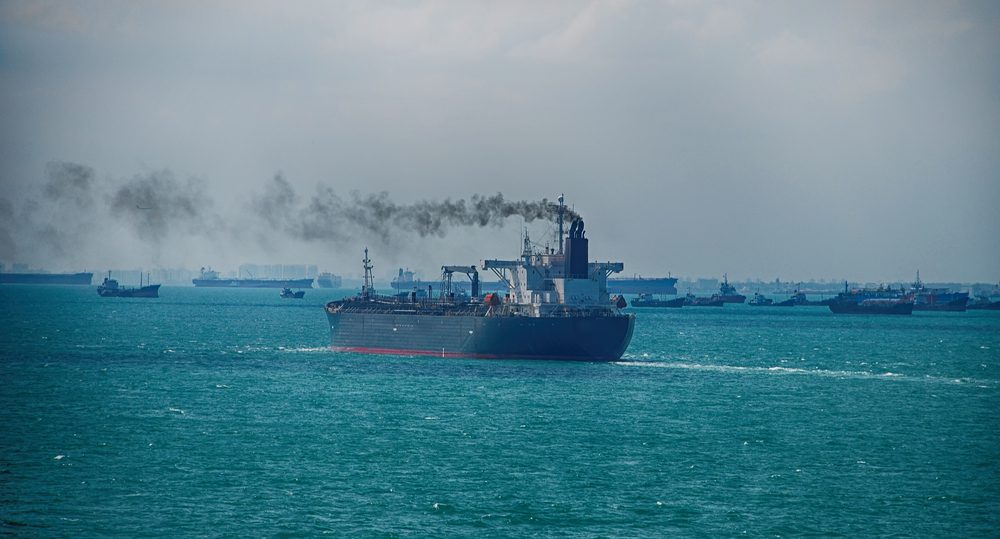Photo: By Mr Nai / Shutterstock
By Firat Kayakiran (Bloomberg) –The world’s oil refineries could have done more to be ready in time for new rules governing the kind of fuel that merchant vessels must burn, the president of the world’s biggest shipping association said.
In one of the biggest shifts in recent history for both refining and shipping industries, vessels will need to cut sulfur emissions to below 0.5% from next year, down from 3.5% in most parts of the world today. The main means of compliance will be to use cleaner-burning products, and the responsibility for making them lies with refiners.
“This is the most challenging issue for the industry and it’s not enough for the shipowners only to be ready,” said Sadan Kaptanoglu, president of BIMCO, a 114 year-old organization with members in 120 countries. “I would have preferred to see the refineries acting much faster.”
With just over five months to go, shipowners are now making decisions on the fuels they’ll use without a clear sense of which products will meet the rules, or whether ports will have sufficient supplies, said Kaptanoglu, who became BIMCO’s first female president in May.
The rules being introduced by the International Maritime Organization are aimed at cutting emissions of a pollutant blamed for causing acid rain and aggravating human health conditions such as asthma.
When the regulatory switch kicks in, demand for higher sulfur fuel is widely expected to plunge at a faster rate than oil refineries are able to eliminate production. Prices for non-compliant fuel in January are trading at almost $200 a ton less than compliant products in Singapore, according to Nymex data.
Report: Shipowners Ready for IMO 2020, But Bunker Market Lags
The International Energy Agency in Paris predicts that about 250 million barrels of non-compliant fuel will be consumed next year.
While start date for the IMO’s rules was finalized in October 2016 after years of deliberation, some refiners still considered the deadline tight, given the substantial investment needed in new processing units that boost production of cleaner fuels at the expense of fuel oil.
IMO 2020 to Boost Diesel Prices for At Least a Year -Analysts
“Everybody has to do their part for this to go flawlessly,” Kaptanoglu said by phone from Istanbul, adding she expects enforcement of the regulations to be robust. “I don’t think anyone will want to cheat, but there may be a port where compliant fuel isn’t available, then the IMO will be alerted and that has to be reported in the next port.”
The uncertainty about which fuels to use led to some concern that ships could inadvertently mix products in a way that could be risky. Less than 3% of the global fleet has currently opted to install a scrubber, BIMCO estimates, even if those ships typically tend to be larger carriers accounting for a greater share of consumption.
More Carriers Turn to Scrubbers Ahead of IMO 2020
“Currently shipowners are making decisions about their options,” Kaptanoglu said. “Some will use low-sulfur fuels and some are trying new blend bunkers, but there are a lot of uncertainties.”
A large number of ships will be taken out of service for a few weeks during the fourth quarter of this year for cleaning in preparation for the new fuels, she said.
“This is a major change, responsibility lies on every part of the industry,” she said.
© 2019 Bloomberg L.P

 Join The Club
Join The Club











